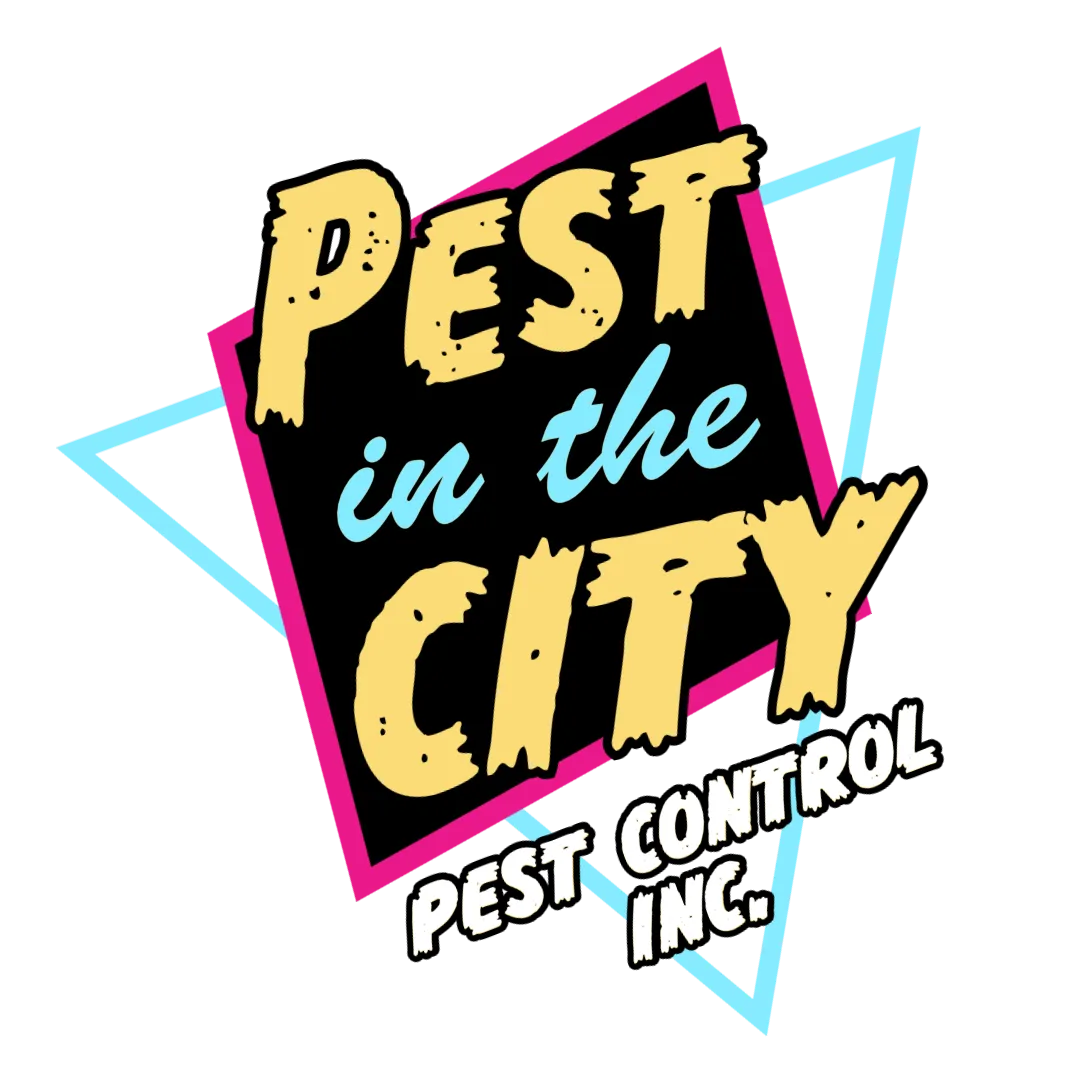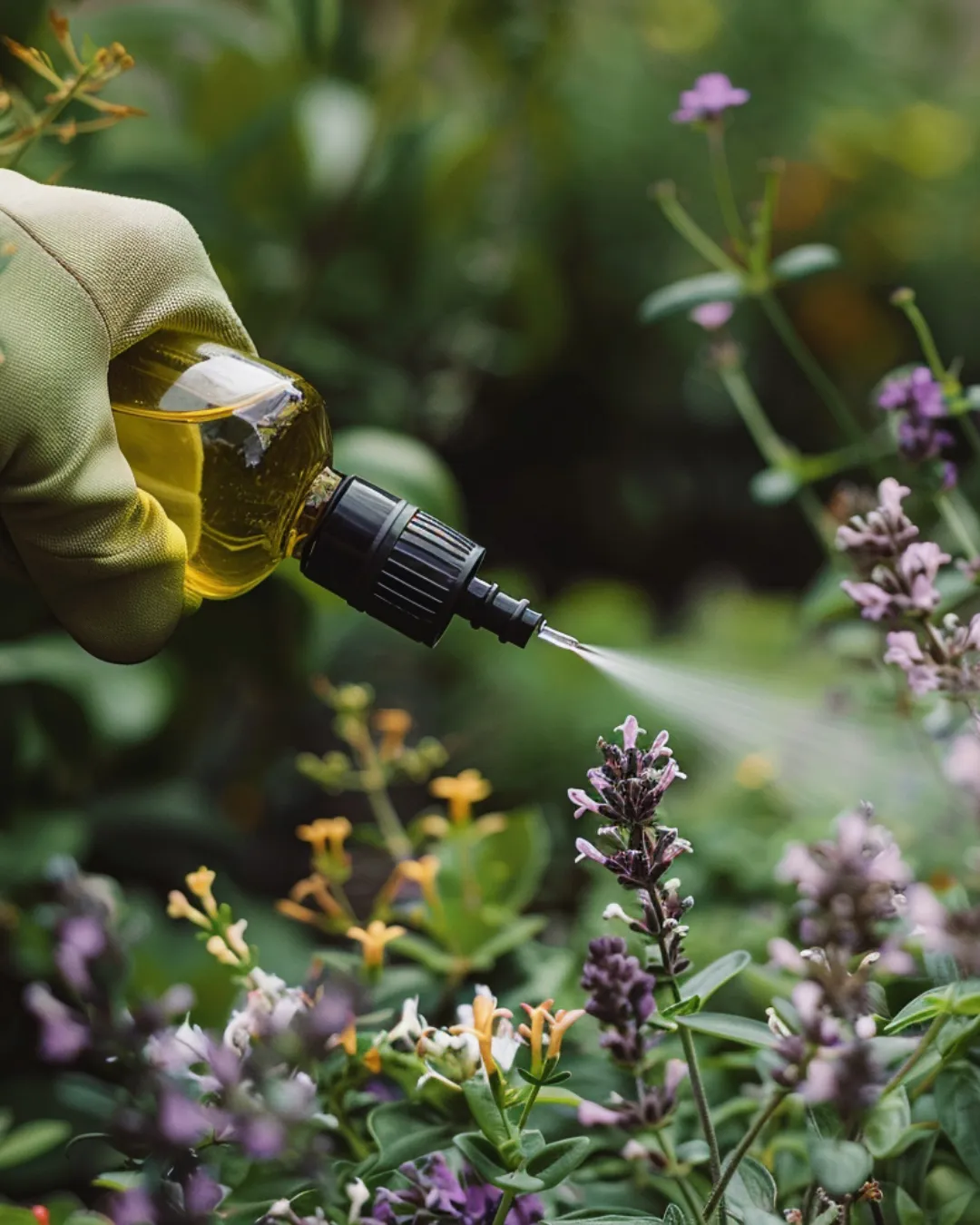
The Cobble Hill Pest Journal
The Cobble Hill Pest Control Journal

Green Pest Solutions for a Sustainable Home
Understanding the Benefits of Green Pest Control
Green pest control involves using strategies and products that minimize environmental impact while effectively managing pest populations. Here’s why opting for eco-friendly pest control is beneficial:
Safety: Traditional pesticides often contain chemicals that can be harmful to people, pets, and plants. Green pest control products, made from natural ingredients, are safer for everyone in your household.
Environmental Impact: By reducing chemical runoff, green pest control helps preserve the surrounding ecosystems, particularly beneficial insects and local wildlife.
Long-Term Effectiveness: Eco-friendly methods focus on preventative measures, reducing the chances of pests re-emerging and thus minimizing the need for frequent treatments.
Eco-Friendly Pest Control Methods
Our approach at Pest in the city combines several sustainable practices to keep pests at bay:
Biological Control: This method involves using natural predators or parasites to control pest populations. For example, introducing ladybugs into your garden can help manage aphid problems without resorting to chemical sprays.
Mechanical Controls: Simple mechanical measures, such as traps and barriers, can effectively contain and reduce pest activity. These solutions do not leave any chemical residues and can be used repeatedly.
Botanical Insecticides: When intervention is necessary, we use pesticides derived from plants known for their insect-repellent properties. For instance, neem oil and pyrethrin-based sprays offer robust pest control without the downsides of synthetic chemicals.
Cultural Practices: Changing the environment to make it less attractive to pests can significantly reduce infestation risks. This includes practices like proper waste management, securing food sources, and habitat alteration.
The Impact of Green Pest Control on Your Home and Health
Choosing green pest control not only keeps your home pest-free but also promotes a healthier living environment. Reduced exposure to toxic chemicals means fewer health risks such as respiratory problems, skin irritations, and chemical sensitivities, which are often associated with conventional pesticides. Moreover, these practices align with sustainable living principles, supporting your household’s overall wellness and the health of the planet.
The Role of Technology in Eco-Friendly Pest Control
In the quest for more sustainable pest control solutions, modern technology plays a pivotal role. By integrating cutting-edge tech into environmentally friendly pest management strategies, we can achieve more effective, efficient, and precise control over pest populations. Here’s how innovations in technology are reshaping eco-friendly pest control practices:
IoT-Enabled Traps
Internet of Things (IoT) technology has revolutionized many industries, and pest control is no exception. IoT-enabled traps are equipped with sensors that provide real-time data on trap activity. These devices can be monitored remotely, allowing pest control professionals to receive instant alerts when a trap is activated. This technology not only reduces the need for manual inspections but also ensures that interventions are timely and targeted. For example, IoT traps can detect the presence of rodents or other pests and notify controllers immediately, leading to swift action and minimal use of baits or chemicals.
Data Analytics for Predictive Pest Management
Data analytics is another powerful tool in the arsenal of eco-friendly pest control. By analyzing data collected from various sources, pest management professionals can predict pest outbreaks before they become severe. This approach relies on historical pest activity data, weather reports, and landscape analysis to forecast pest population growth. With predictive analytics, pest control efforts can be strategically planned and implemented, reducing the need for widespread pesticide use and focusing on targeted interventions where they are most needed.
Automated Monitoring Systems
Automated monitoring systems represent a significant advancement in pest control technology. These systems continuously monitor the environment for signs of pest activity using cameras and motion sensors. The data collected by these systems is analyzed using AI algorithms to not only detect the presence of pests but also to identify their species and calculate their numbers. This detailed information enables highly customized pest control plans that are both effective and minimally invasive to the environment.
Geographic Information Systems (GIS)
GIS technology is used to map pest infestations geographically, which is particularly useful for large-scale agricultural operations or urban areas where pest management needs to be coordinated across different sectors. GIS tools help in identifying hotspots of pest activity and understanding the geographical spread of infestations. This information is crucial for deploying targeted pest control measures that conform to the principles of sustainability and efficacy.
Benefits of Technology in Eco-Friendly Pest Control
The integration of technology in pest control offers numerous benefits:
Efficiency: Technology enables faster response times and reduces the labor involved in monitoring and controlling pest populations.
Accuracy: High-tech tools provide precise data that helps in making informed decisions about pest control methods.
Reduction in Chemical Use: With accurate data and predictive analytics, the reliance on chemical treatments can be reduced, leading to a lower environmental impact.
Cost-Effectiveness: Although the initial investment in technology can be significant, the long-term savings in terms of reduced pesticide use and labor costs are substantial.
Future Trends in Pest Control
As environmental concerns continue to influence every industry, the field of pest control is also evolving with a strong emphasis on sustainability and minimal ecological impact. Looking forward, several promising trends and research directions are shaping the future of pest control, promising more effective and environmentally friendly strategies. Here’s a glimpse into what we can expect in the years to come:
Non-Toxic Materials
Ongoing research is focused on the development of non-toxic materials that can repel pests without harming other wildlife or the environment. For example, scientists are exploring the use of pheromone-based traps and barriers that interfere with pest mating cycles without the use of harmful chemicals. These materials provide effective pest control in sensitive environments such as schools, hospitals, and homes where traditional chemicals are not desirable.
Biological Control Methods
Biological control involves using natural predators or parasites to manage pest populations. This method is gaining traction as it maintains the ecological balance and reduces the need for chemical interventions. Advances in genetic engineering and biotechnology are likely to enhance the effectiveness of biological control agents by making them more resilient to various climatic conditions and more targeted in their action against specific pests.
Precision Pest Management
With the advent of precision agriculture, precision pest management is also becoming more feasible. This approach uses detailed data about the pest population and environmental conditions to apply interventions exactly where and when they are needed, minimizing waste and reducing the amount of chemicals used. Technologies such as drones and AI-powered imaging systems are expected to play a crucial role in monitoring pest activity and delivering precise pest control solutions.
Integration of Big Data and AI
The integration of big data analytics and artificial intelligence is set to revolutionize pest control by predicting pest outbreaks before they happen and optimizing control strategies. AI algorithms can analyze vast amounts of data from weather patterns, satellite images, and ground sensors to forecast pest infestations and suggest the best times and methods for intervention. This predictive capability allows for proactive pest management, significantly reducing the likelihood of large-scale infestations.
Sustainable Urban Pest Management
As urban areas continue to grow, sustainable pest management will become increasingly important. Research is focusing on developing integrated pest management (IPM) strategies that are specifically tailored for urban settings. These strategies will likely include a combination of physical, biological, and chemical methods, applied in a coordinated effort to minimize pest resistance and adapt to urban ecological dynamics.
Regulatory and Public Perception Changes
Future trends in pest control will also be influenced by changes in regulatory frameworks and public perception. There is a growing demand for transparency and safety in pest control methods. As a result, regulations may become stricter, requiring pest control companies to adopt more sustainable practices and disclose more information about their methods and materials. Public awareness and demand for environmentally friendly options will drive the adoption of green pest control solutions.
Why Choose Pest in the city?
At Pest in the city, our commitment to sustainability is integral to our service offerings. We understand the importance of maintaining a safe and healthy environment for future generations. Here’s what sets us apart:
Expertise and Innovation: Our team is trained in the latest eco-friendly pest control techniques, ensuring high efficacy without compromising on safety.
Customized Solutions: We recognize that each home and pest problem is unique. Our experts customize treatments based on your specific needs and preferences for natural pest control solutions.
Transparent Practices: We believe in honest communication and transparency about the methods and products we use, so you can be confident in the safety and effectiveness of our services.
For more detailed information on our eco-friendly solutions or to schedule a consultation, please visit Pest in the City. Let us help you maintain a safe, pest-free, and environmentally conscious home.

Schedule a Pest Inspection
Ready to schedule a pest inspection? Contact us today.

